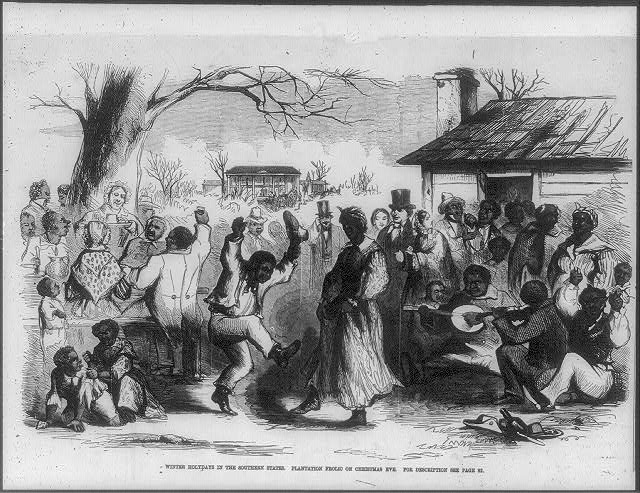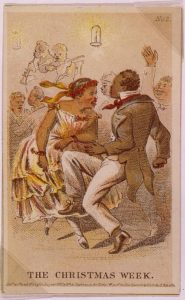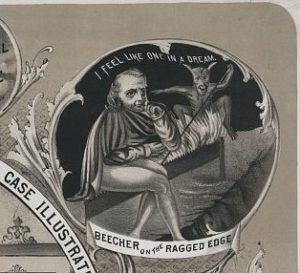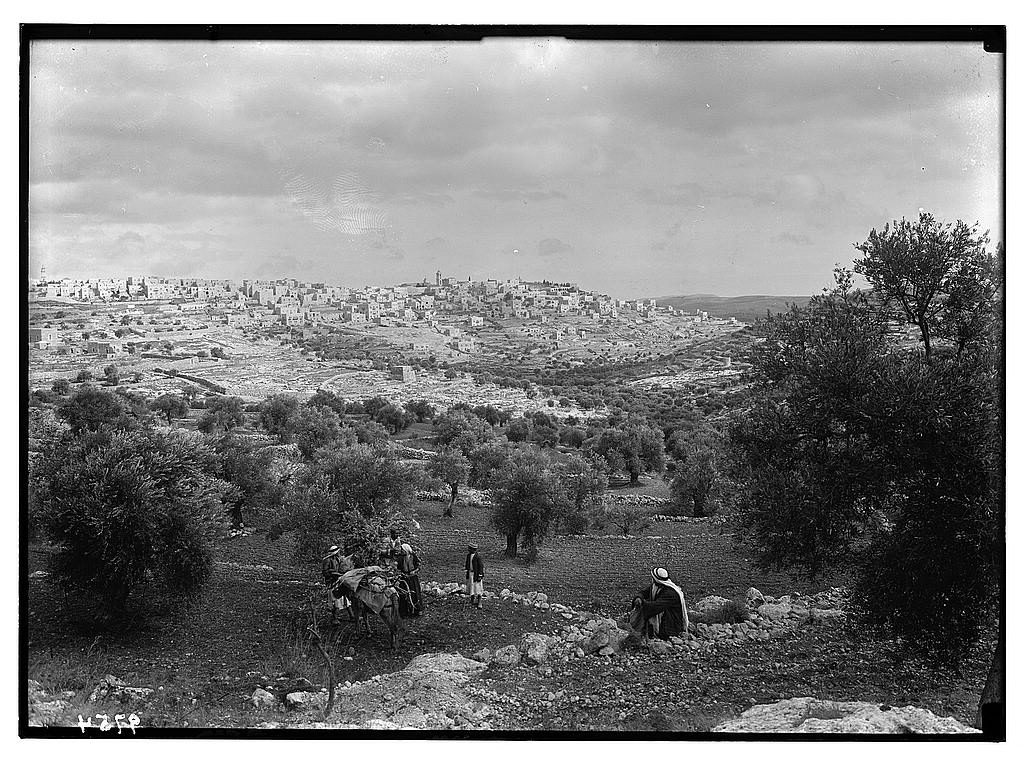An editorial 150 years ago today seemed at least somewhat nostalgic for the antebellum South. From The New-York Times December 25, 1867:
Christmas at the South
The contrast between the Christmas of to-day and the Christmas which was known before the war will illustrate the unhappy change which has taken place in the fortunes of the South. It used to be, literally, a season of peace and good-will. Slavery then put on its holiday garb. There was feasting and merry-making everywhere. The hospitality of the mansion was then more bounteous than ever. The bondsmen for the time forgot their bondage, and for a week gave themselves up to the rollicking enjoyment in which Sambo distances all competitors. It was a week of festivity and fun, of visiting and receiving visits, of absence from the care and toil which composed the sum of fifty-one parts of every year.
To-day the somber reality of the revolution which has been effected, will be felt in every portion of the South. A merry Christmas will not be known anywhere. There can be no exchange of the “compliments of the season” which will not sound like bitter mockery. Despair, or something like it, reigns in the mansions, and destitution is supreme in the hovels. Grim poverty makes its presence felt everywhere. Those who were once rich find themselves menaced with want, and those who, though always poor, were always provided for, now find themselves hungry and helpless. The bond of sympathy that formerly held these classes together may not be absolutely destroyed, but an ever-present strain threatens its destruction, and meanwhile the redeeming fruits of the old relationship are seen no more. Vague apprehension is on one side – demands that yield not to reason are appearing on the other. Neither side knows what is coming. The blacks will not accept freedom as a substitute for food, and the whites are fearful of the excesses to which famine-stricken ignorance not seldom attends.
Altogether, then, the Christmas Day of 1867 will be a black day throughout the Southern states. Memories of the past will rise to make it miserable; the gloom of the present and the darkness of the future will swell the volume of suffering and divest the season of both holiness and peace. For the freedmen in many districts the only dependence is on the Bureau – the only chance of living honestly is in the line which leads to pauperism. For the great body of the whites, especially in the cotton districts, there is no hope except in a magnanimity yet undeveloped – no road to deliverance but that which leads through the dark valley of degradation and doubt.Shall not the Christian heart of the North to-day heed the silent appeal of the South, and in the effort to mitigate misfortune take some cognizance of Southern misery? We shall have more than enough of professional piety and ostentatious benevolence in cities which, despite depression, are yet wealthy and happy. And if we would not be as the Levites and Pharisees, we shall not wholly suppress the emotions which the present condition of the South must excite in every humane mind. We may not boast of national mercy, nor exult unconditionally in the happiness of the Christmas festival, while a deep gulf separates North and South, and the plenty of one only adds poignancy to the poverty which afflicts the other.
In another editorial in the same issue the Times pushed back against famous clergyman (and possibly a purveyor of “professional piety and ostentatious benevolence”?) Henry Ward Beecher:
The Devil in New-York.
“Who owns the city of New-York to-day?” asked Mr. BEECHER, in his sermon of last Sunday night, and his prompt reply to his own query was, “The Devil.”
Though Mr. BEECHER often talks in this way, we don’t suppose that he would argue that the devil owns New-York any more than he does Boston, or any less than he does Philadelphia, … [a long section of many cities and rural areas that have evidence of some devil ownership] …
While all this, however, is true enough, true, indeed, as Gospel – while one can see that the devil claims and possesses a certain sort of ownership everywhere – it may also be found, on sharper observation, that nowhere does the devil own everything – neither in New-York nor any other place – not by a great deal. If the searcher after truth and titles pursue his researches far enough, he will not only find that there is danger of conceding the devil far more than he is entitled to, but that his pretensions are strengthened when we exaggerate the scope of his power – when we overlook and underrate other powers and agencies that exist in society, in the heart of man and in New-York. The devil, like the poor, we have always with us; and in the presence of one or the other, we are apt to exaggerate its hideous proportions and tremendous reality, we overlook the great solid preponderating body whose life is measured by the Ten Commandments and whose manna comes down from Heaven.The devil is very obtrusive, and he is such a gross and abominable fiend that we lose sight of everything else when we think of him. In contemplating his doings and pretensions in New-York or elsewhere, therefore, we are constantly in danger of failing to remember that in the greater part of the town he can put forward no legitimate claims of ownership whatever, and that over the Christian part of our population he has no power.
In short, after pondering the whole matter, under the light of Mr. BEECHER’S interrogation, it is our private impression that our delightful City is owned neither by the devil nor FERNANDO WOOD; and moreover, there can be no harm in our mentioning that while we firmly believe Satan is constantly going to and fro in the earth, and walking up and down it, he only visits New-York in his spare moments, or while he is passing along on his way to Boston.



![Illicit distillation of liquors--Southern mode of making whisky [sic] / sketched by A.W. Thompson. ( Illus. in: Harper's weekly, v. 11, no. 571 (1867 Dec. 7), p. 773. ; LOC: https://www.loc.gov/item/2001700339/)](https://www.bluegrayreview.com/wp-content/uploads/2017/12/3c30290v-300x239.jpg)


![Merry Christmas (New York : Published by Currier & Ives, 125 Nassau St., [1876])](https://www.bluegrayreview.com/wp-content/uploads/2017/12/09454v-1024x812.jpg)